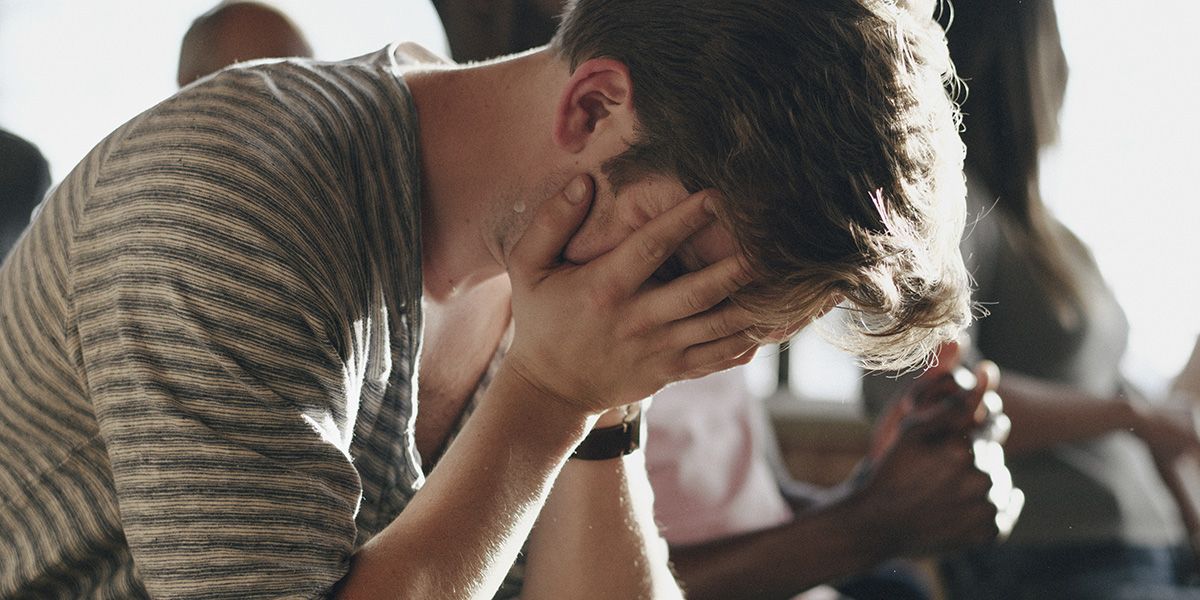Five Stages of Recovery From Addiction
When you prepare to recover from your addiction, you benefit from understanding the stages of recovery. When you can identify your progress, you’ll better understand what you need to maintain sobriety in moments of struggle. At In Balance Counseling, our counseling service in Tucson help people overcome their addictions and live healthier lives.
Below, we outline the five stages of recovery from addiction. Remember that the recovery process is not linear. Call us at (520) 722-9631 for substance abuse counseling options.
Stage 1: Acknowledgement
When you first begin moving away from addictive substances, you acknowledge that you have an addiction. This step is crucial in dispelling common misconceptions on addiction, such as the belief that one can control their substance abuse without help. Before this acknowledgment, you may have dodged the problem by rationalizing your addiction.
Eventually, you realize that the substances control you. You need the substances to function. At least a few parts of your routine revolve around acquiring and using the substances.
Stage 2: Action
Stage two includes making conscious decisions to move away from your addiction. During this stage, you might express desires in private or to others about wanting to let go of substances. You may also begin cutting back on the substances you use.
However, acting alone can have dangerous consequences. Use caution when cutting substances out of your life. You may need help from a treatment center to go through withdrawal safely.
Stage 3: Recuperation
Recuperation occurs immediately after withdrawal. Out of all the stages of recovery from addiction, many recovering addicts identify this stage as the most difficult. It involves learning how to live day to day without the assistance of addictive substances.
You will experience psychological and physiological changes during this period. Addiction counseling can help you manage daily stress, past trauma, and other factors contributing to your desire to use. In addition, you can learn skills and coping mechanisms to push past substance cravings.
Stage 4: Recovery
Once your body and mind adapt to a life free from substances, you begin the recovery state. Recovery involves three phases:
- Early recovery changes your thought patterns
- Middle recovery improves your lifestyle
- Late recovery identifies bad habits that lead to addiction
Each of these phases could last years. You could find yourself repeating different stages or phases, especially if you relapse. However, everyone’s recovery looks different.
Stage 5: Preservation
Also called the maintenance stage, preservation occurs when you find comfort and stability in your newfound life. It takes time to get here. You may make mistakes during the other stages of recovery from addiction.
However, persistence and belief in yourself can help you find substance-free life. During this last stage, you will flourish.
Find Your New Balance with In Balance Counseling
If you struggle with addiction, you can find hope for a full and continued recovery. The compassion and empathy we provide at In Balance Counseling provide the gentle guidance you need.
Call us to enter the ‘action’ stage today at (520) 722-9631 and learn more ways to recover, like exercise for addiction recovery.


